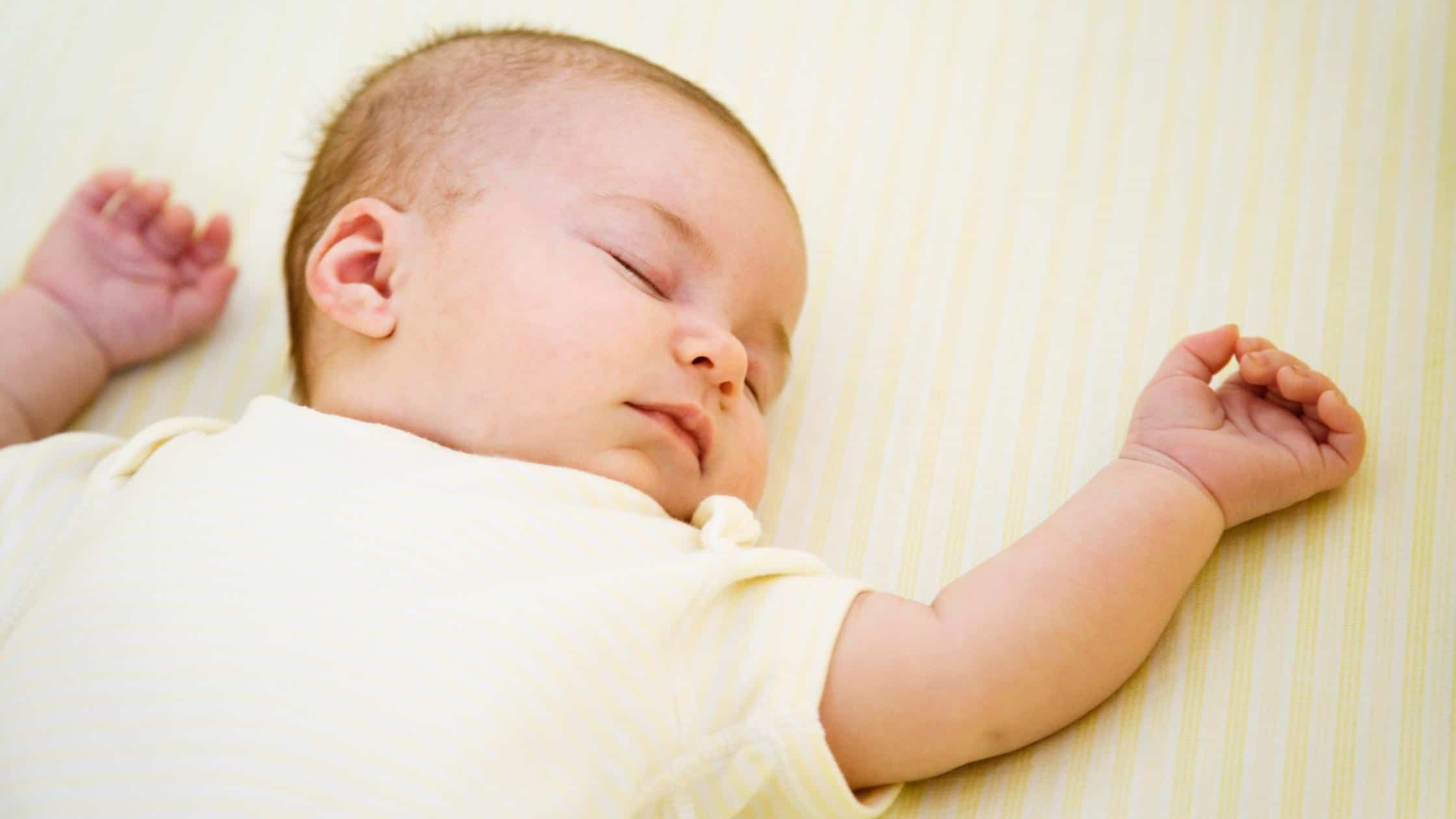It’s tough enough to get through the first few days and weeks with a newborn, but it can be especially tough if your newborn can only sleep or be restful when they are in your arms. Sleep is vitally important for both baby and parents during these crucial first few weeks and it’s important that you put as much of a priority on your own sleep as you can while also maintaining a good schedule for your little one. We’ve put together some tips that you can start deploying right away in order to help your child sleep better on their own and without being in your arms. After all, somebody’s got to make sure you get some sleep too!
Is Baby Being Burped Well?
Part of getting your infant to sleep alone in the crib is understanding why she may be protesting the crib or bassinet. It may not be just because you haven’t trained them to sleep off of you yet, it could be for other reasons, which if resolved, could make the entire process much more successful. First, has she been recently fed and still in the process of “burping”? If so, then you may be laying her down too soon. She may be uncomfortable due to gas bubbles in the upper and lower digestive tract. Help get the gas out completely before putting your baby down to sleep.
Does Baby Have Reflux?
Secondly, familiarize yourself with symptoms of reflux. These include but are not limited to:
- Excessive spit up
- Baby acting like they are trying to continually swallow
- Crying with spitting up
- A lot of discomfort during and after feeding
- Popping on and off the bottle or breast
- Choking, coughing or gagging while feeding
Babies have a little sphincter called the lower esophageal sphincter, which is above the stomach. This sphincter can get ‘stuck’ open, allowing too much liquid up back into the throat, causing excessive spitting up and discomfort. Spitting up from a weak sphincter muscle typically gets better over time as the muscles get stronger with use. However, it’s important to know that reflux can be strongly influenced and exacerbated by other factors such as mom’s diet, formula, tongue and lip ties as well as, feeding very close to when baby is put down to sleep.
Put Baby Down While They Are Still Awake
It may seem counter-intuitive, but you can typically be more successful getting your baby to sleep well in the crib, on their own, if you put them down while they are still awake, instead of the natural instinct, which is to get them deeply asleep in your arms and then carefully transfer them to the crib. Getting your baby down while she is still awake allows her to “get used” to the new sleeping environment and to experience falling asleep alone, in the crib instead of being put there without her knowing. Multiple exposures will help your baby to be more comfortable with falling asleep independently, and then he/she will be more likely to fall asleep in the crib on their own! You don’t have to trick them anymore!
Comfort Baby, But Don’t Pick Her Up
At first, your baby may cry or fuss when you put them in the crib. You have to be strong and resist the urge to pick her up and comfort her when she does this. Give pause and wait about 5 to 8 minutes before doing anything. Let her self soothe. She may fuss for a bit, just remember your baby is learning and this is new. Allow her to figure out what she needs to do in order to make herself comfortable, as we all are particular in positions and what we like for falling asleep. It’s tough, but you have to try it! If she really goes bonkers, then by all means grab her. Otherwise, try to allow 5 or so minutes of self soothe time, each time you put your baby down to sleep.
Climate Control
Set you and your baby up for success by making sure that her sleeping environment is where it should be. Make sure that the temperature is between 68-72 degrees Fahrenheit and that the room is quiet, dark, and free from distractions. You can also deploy a white noise machine, box fan, or other form of white noise to help drown out the other sounds around the house. Get the environment right and she will sleep much better! These things really make a lot of difference and remember that a sleeping environment that is too warm, is a SIDS risk.
Conclusion
Thank you for taking the time to read today’s post about getting your baby to sleep alone in the crib. Getting your baby to sleep can definitely be a process with varying challenges. If you have any questions about getting your baby to sleep, or your baby in general, please reach out to us HERE. We are experts in all things baby (we LOVE them) and sleep and would love to help!
If you have questions about your child, please don’t hesitate to contact us. We would love to help. Please reach out to us here! We look forward to hearing from you.
![]()
